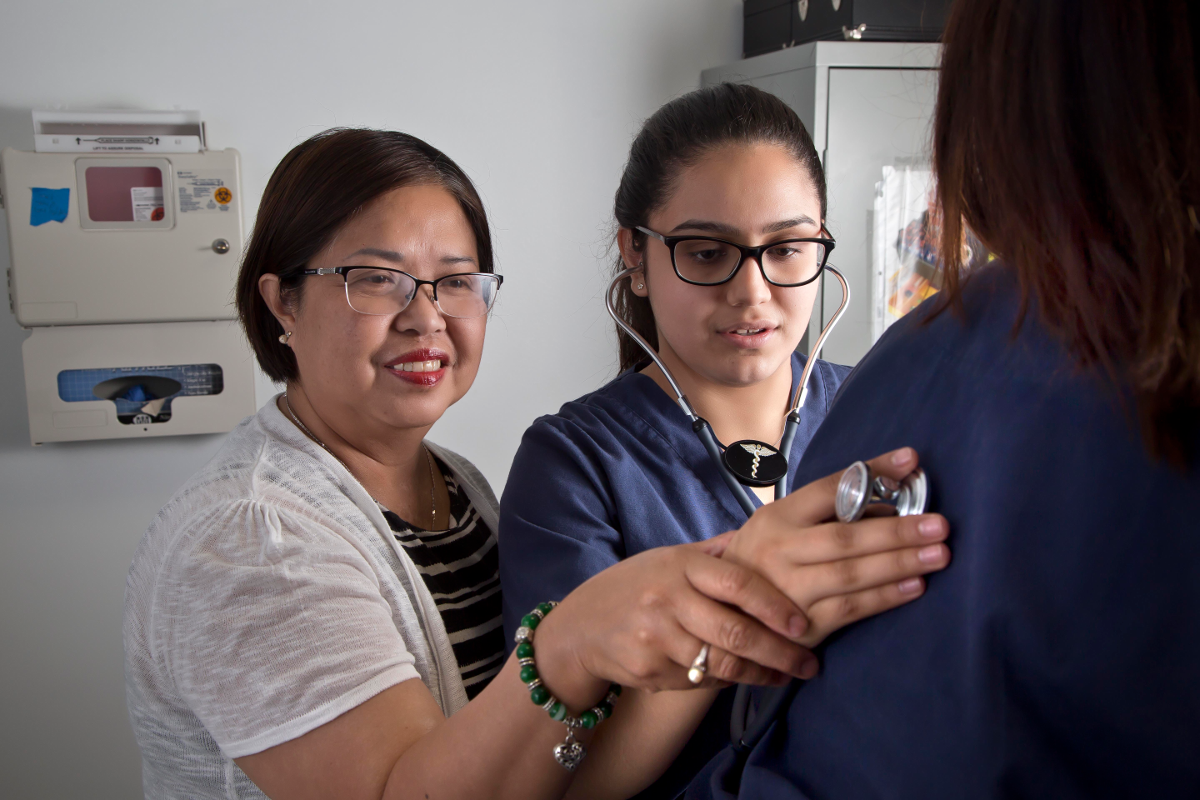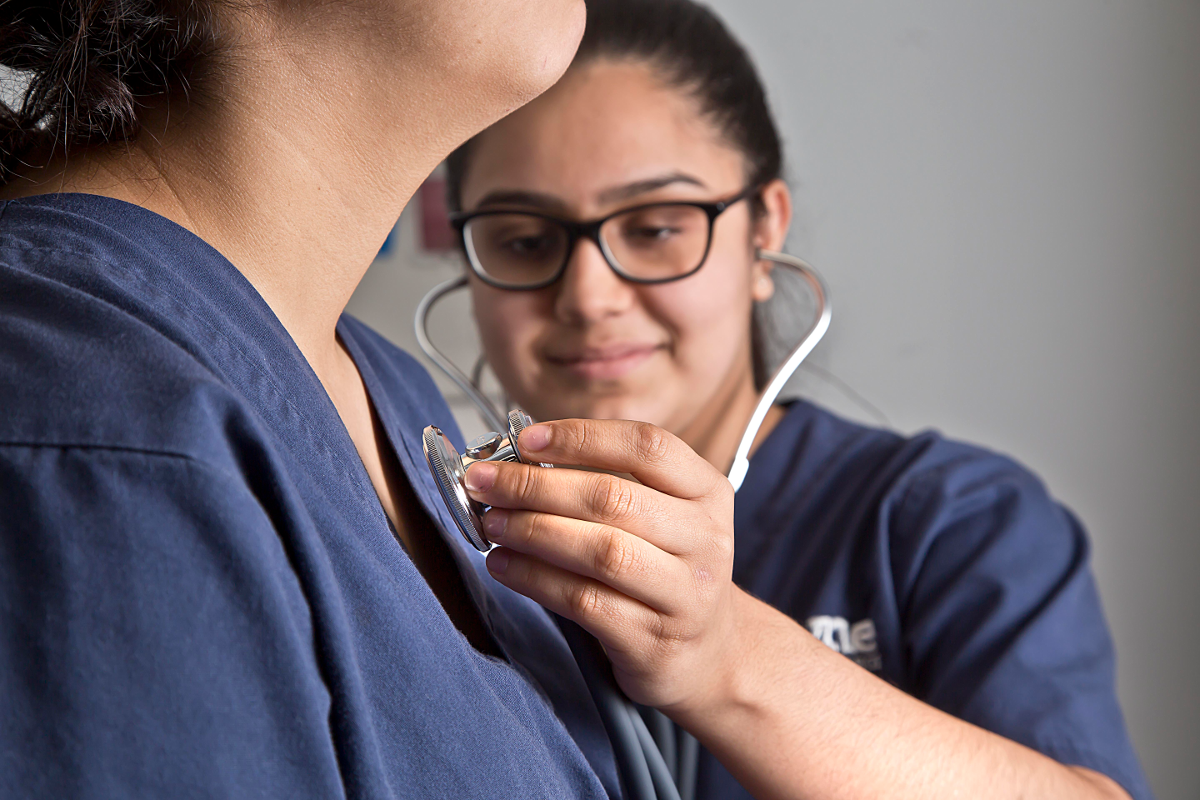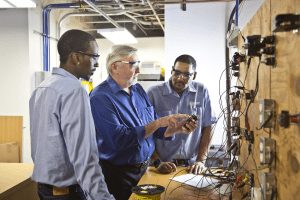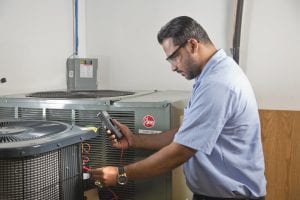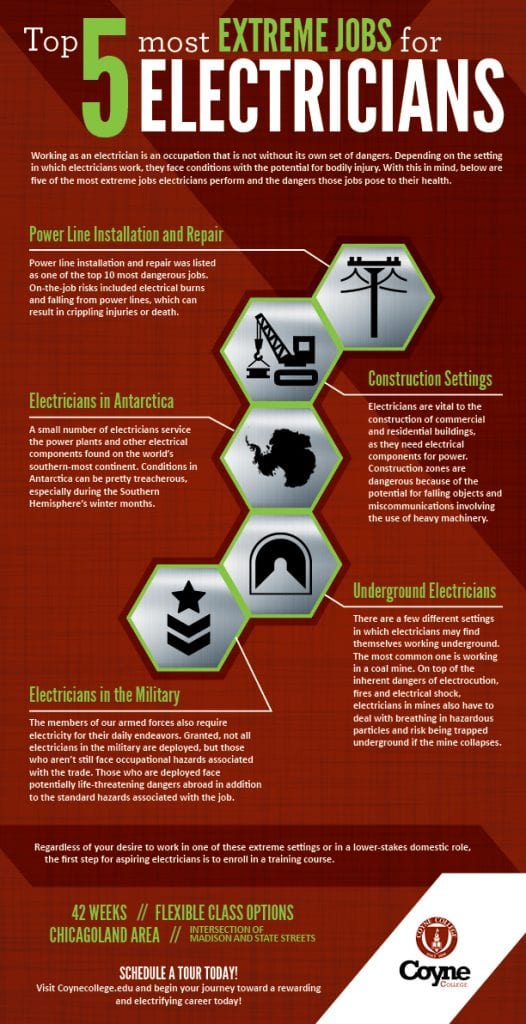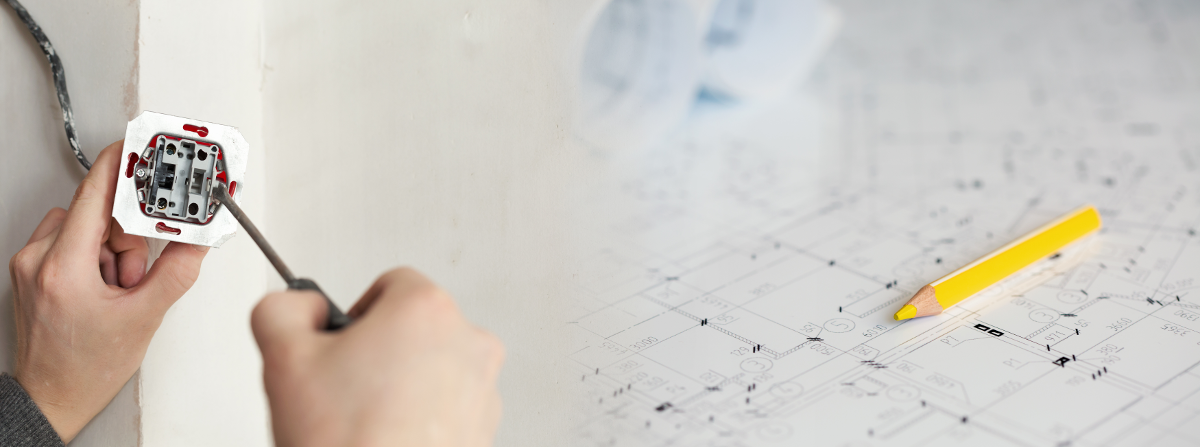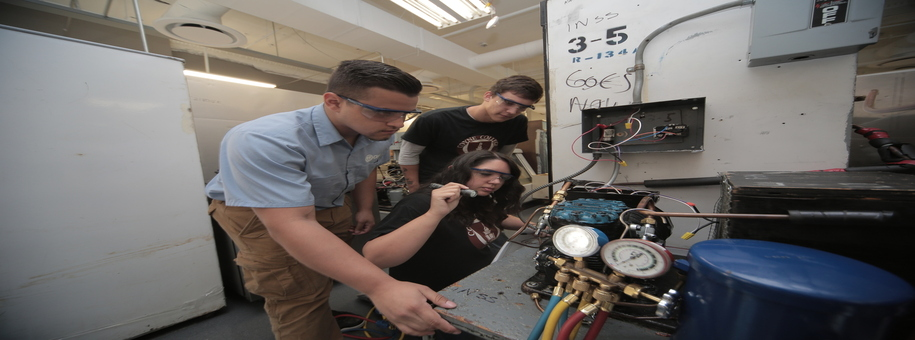In the bustling world of American healthcare, one of the most underappreciated, yet vital roles, is that of a medical assistant. Medical assistants are, in many ways, the adhesive that holds medical offices and facilities together. They are crucial members of a doctor’s staff who help with a varying mix of both administrative and clinical tasks – they are jacks of many trades. Some of the tasks they typically perform include checking blood pressure, escorting patients through the facility, sanitizing equipment and scheduling patients’ appointments.
Because of the vital role they play, along with the increased need for healthcare, medical assisting is one of the most rapidly growing fields currently and is anticipated to remain so into the coming years. Per data from the Bureau of Labor Statistics (BLS), employment of medical assistants is projected to climb 29 percent through 2026.
To enter the field, most employers require medical assistants to have a certificate from a community college or vocational school, which can usually be achieved in less than two years. Some employers may require national CMA certification, depending on the state. Certification can make a medical assistant more desirable in the eyes of employers.
Needless to say, doctors and other healthcare professionals could not keep their offices, clinics and other facilities open without the toil of their skilled medical assistants. In playing such a versatile role, medical assistants use a vast array of equipment.
Physician’s Office
Within the setting of a physician’s office, medical assistants are the staff members with whom patients interact first. They are the ones who announce patients’ names to the waiting room, signaling that the patient is ready to be seen. Typically, they will also conduct some basic practices and readings, some of which utilize some of the equipment mentioned below:
Blood Pressure Meter – Taking vitals, such as blood pressure, is one of the primary duties of medical assistants. Blood pressure meters consist of a cuff that is placed around the patient’s arm and inflated with air to get a reading of their blood pressure. The kind of meter used depends on the office or facility. It is advantageous for medical assistants to know how to take blood pressure manually, as not all facilities have machines.
Stethoscope – Stethoscopes can be used in conjunction with the manual blood pressure cuff to get a reading of a patient’s blood pressure. They are also used to listen to a patient’s heart and lungs in an effort to determine if there are any problems with those organs.
Autoclave – Medical assistants are typically tasked with the cleaning of medical tools. To achieve this end, they often employ a machine called an autoclave. An autoclave uses high temperatures of steam to sterilize equipment prior to use on future patients.
Computer and Computer Programs – As with many other modern office jobs, computers are essential tools in medical office settings. Medical assistants use computers for tasks such as maintaining patient health records and scheduling appointments.
Telephone – Medical assistants, depending on the physician’s office in which they are employed, may be asked to answer phones and schedule patient appointments. This requires customer service skills and patience, in addition to being comfortable talking on the phone.
Medical Office
In medical offices where medical assistants play a larger role in the patient care side of things, they are often eligible to perform a greater variety of tasks using a wider range of tools. Of course, there is great variability depending on the office in which the medical assistant works.
Vaccines and Syringes – In certain settings, medical assistants may be eligible to administer vaccines, such as ones of the flu variety, to patients. Administration of vaccines, in most cases, requires the use of syringes.
Glucometers – Glucometers are used to measure the blood sugar levels of a patient. Usually, after pricking the patient’s finger and squeezing it to accumulate a sizable blood droplet, the droplet is collected with a strip that is inserted into the meter, which, after a few seconds, displays a reading. Finger pricks are also used to take blood samples for other kinds of tests.
Thermometer – A patient’s temperature is one of the vitals taken in the initial interaction with the medical assistant. Temporal scanning thermometers, which are less intrusive than other methods of taking one’s temperature are becoming increasingly common,
Gloves and Masks – Depending on the procedure with which they are assisting, medical assistants may be required to wear gloves, a mask covering their mouths and possibly a hairnet.
These are simply a few different examples of the kinds of equipment medical assistants come into contact with during their day-to-day practices. To reiterate, the kinds of duties and tools medical assistants are able to perform and use depends heavily on the doctor under whom they are working. If working in a multifaceted role in the booming healthcare industry is of interest to you, studying to become a medical assistant might be the perfect career choice for you.
Achieve Your Dreams with a Coyne Education
Coyne College is one of Chicago’s premier skilled trade education institutions and is proud to offer its medical assistant program to future healthcare professionals.
Coyne College’s medical assistant program thoroughly prepares you to enter the healthcare field as a medical assistant. The program can be completed in as little as 54 weeks. As a medical assisting student at Coyne College, you will gain the necessary skills and knowledge to succeed as a medical assistant. Some of the topics covered in the program’s curriculum are:
- Medical Terminology
- Pharmacology
- Anatomy and Pathophysiology
- Basic Insurance and Billing
- And more!
Coyne College’s medical assistant program also helps give its students a leg up on the competition by featuring a six-week portion dedicated to electronic health records.
During your time in Coyne’s program, you will learn the ins and outs of medical assisting in an environment where you are surrounded by instructors dedicated to helping you succeed. Coyne’s instructors are highly knowledgeable and have years of meaningful experience in the workforce.
Coyne College offers day classes for the Medical Assistant program. The program is offered at the Coyne College campus, located in the heart of the Chicago Loop at the intersection of State and Madison streets.
Following your studies, you will be required to complete an externship. After you complete the medical assistant certificate program, you will be ready to enter the workforce as a medical assistant in any number of healthcare settings.
Coyne College is dedicated to helping its students find gainful employment following the completion of their respective programs. To that end, Coyne offers a wealth of career services and job placement help for its students, including networking and resume advice.
Coyne College also offers its students career assistance, including mock interviews, externships and resume help. These resources can help students secure apprenticeships after completing the program. Financial aid is available to those who qualify.
What are you waiting for? Dive into all that Coyne has to offer by visiting https://www.coynecollege.edu/.

